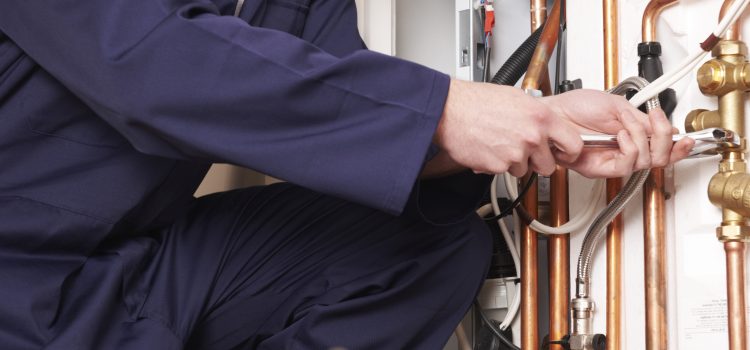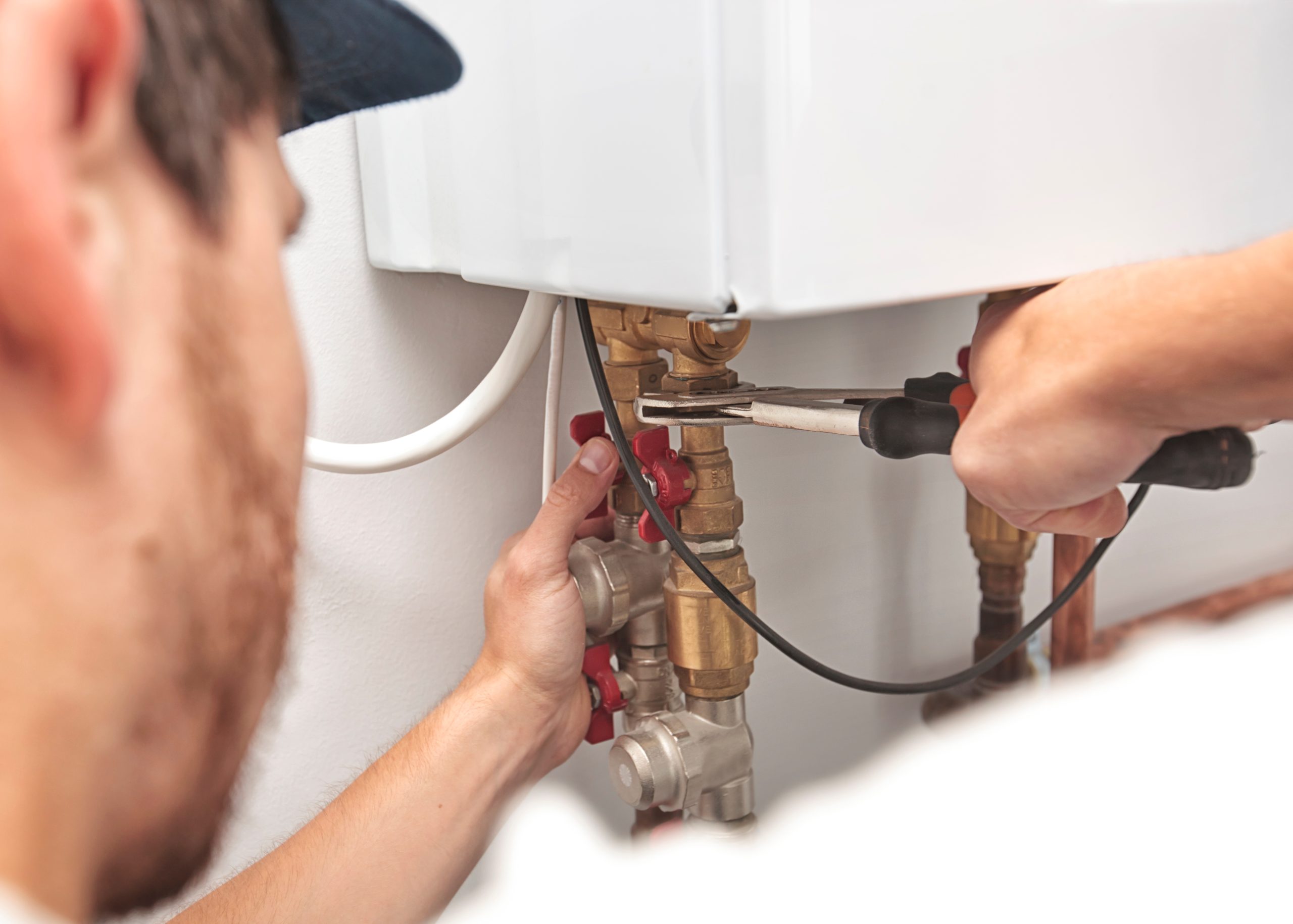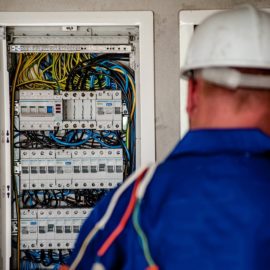
Some interventions, such as electrical work, are very dangerous. Therefore, the worker must protect himself. This helps avoid work-related accidents, such as electrocution or internal burns. Here are some tips to help you prevent electrical risks. So, without further ado, let’s dive into this blog and learn some of the things that everyone ought to know about electrical intervention.
Protect yourself against direct contact

Direct contact is between a live part of an electrical installation (also called an active part, such as cables or wires) and a part of the human body. This causes electrocution, resulting in internal burns, heart problems, and sometimes even death. Here are some effective ways to protect yourself from direct contact:
-
- Keeping a certain distance from the risk area: but this depends mainly on the environment, as well as the voltage value.
-
- Putting up a barrier or some kind of enclosure: this idea consists in putting up a box or a cabinet to place the active elements of an electrical installation. This will considerably reduce the risk of electrical accidents.
-
- Covering active parts with insulation
Protection against direct contact
Direct contact is contact between a part of the human body and an active part (part normally under voltage) of an electrical installation. There are several ways to prevent direct contact:
-
- Distance: the distance depends on the environment and the voltage value.
-
- Barrier or enclosure: they constitute an obstacle with minimum protection and can only be opened with a key or a tool.
-
- Insulation of active parts: this covers the active parts with an insulator and can only be removed by destruction.
-
- Very low voltage: it can be of the type very low voltage of safety or type very low voltage of protection. The conditions for obtaining these voltages are specified in the NF C 15-100 standard.
Protect yourself against indirect contacts
Indirect contacts are contacts between a live conductive mass and a part of the human body. Like direct contact, they also cause risks of electrocution and burns. To avoid them, you must:
-
- Put in place a grounding of the masses
-
- Opt for a reinforced or double insulation
-
- Choose very low voltage.
Protect yourself against overcurrents
Overcurrent is when the intensity of the electric current (which is absorbed by a receiver or which runs through a conductor) suddenly rises sharply. It can cause considerable physical damage, even death. The best way to protect yourself is to install a fuse or thermal relay in the circuit breaker. This will greatly reduce the risk of accidents when opening the circuit during electrical work. There are two types of overloads, including:
-
- Overcurrents resulting from increased load
-
- Short circuits are caused by impedance contact between some conductive elements.
Conducting an electrical hazard analysis
Most electrical accidents today are caused by ignorance of electrical hazards during electrical and non-electrical work. Therefore, it is necessary to analyze all possible hazardous situations and then plan prevention. Here are all the elements that must be taken into account in the analysis:
-
- All the characteristics of the electrical installation: positions of the electrical cables, primary and secondary sources, insulation insulated conduits, voltage ranges, etc.
-
- All the environment of the intervention: movement of machinery, the possibility of falling equipment and tools
-
- List the operations to be carried out by the worker: reflex and normal gestures to be adopted, protective equipment, worker’s position, etc.
This analysis must be carried out before each operation.
What to do in case of electrocution

It is possible that the victim cannot survive an accident during an electrical intervention. But to increase the chances of survival, acting as quickly as possible is necessary. To do this, the following steps must be followed and respected:
-
- Switch off the electrical current to avoid over-accident. But under no circumstances should you touch the victim’s body
-
- Call the first aid or fire department as soon as possible
-
- Never move away from the victim and perform first aid until the rescuers arrive.
To avoid electrical accidents, it is better to leave the intervention to professionals who also specialize in electrical, heating, and air conditioning installation.
Sound off in the comments section below, and tell us what you want to read next and if you want to read more about electrical intervention.


